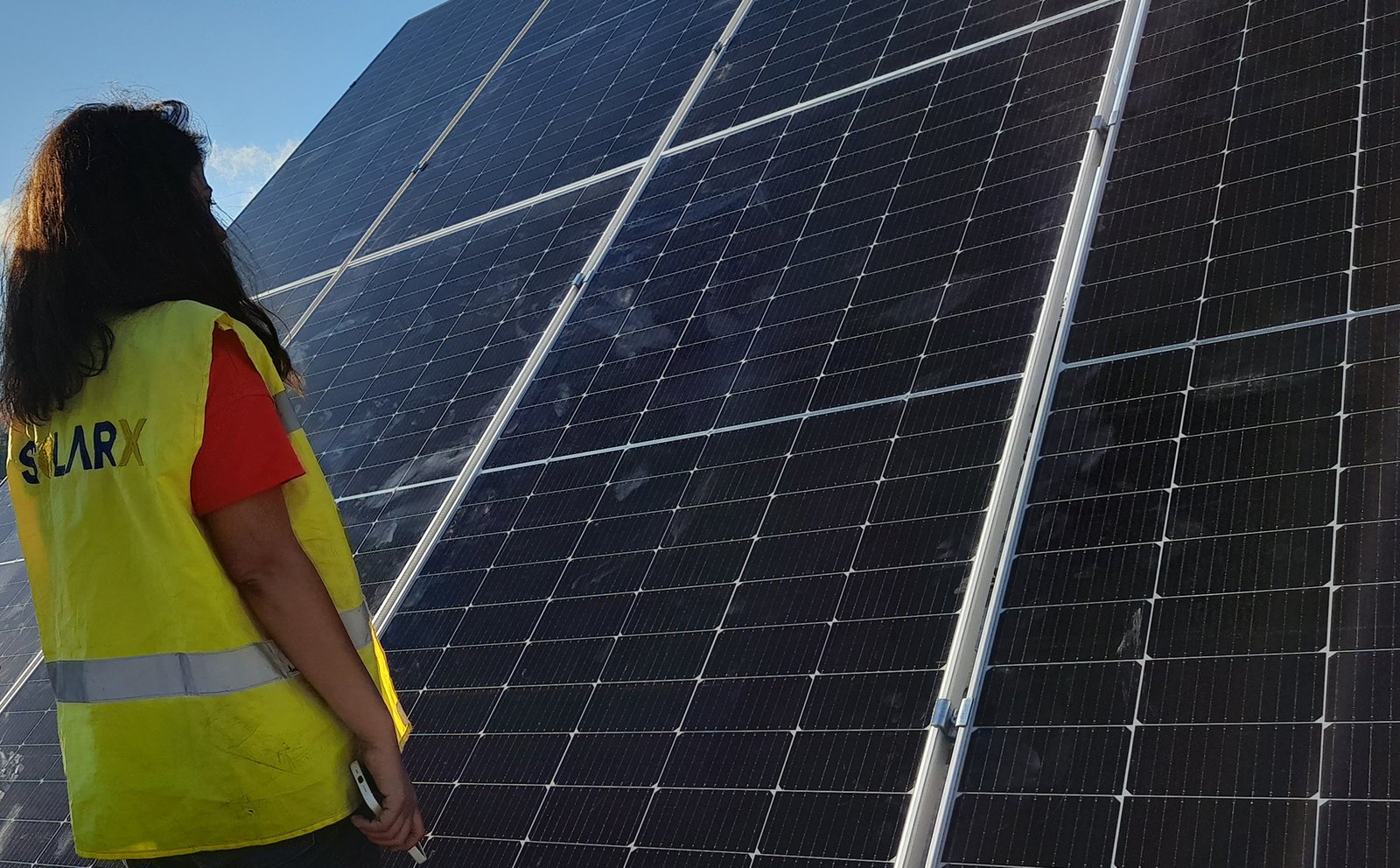Solar systems can have an impact on power suppliers, particularly in terms of the amount of electricity that is generated and distributed through the traditional power grid.
When a solar system generates electricity
that electricity can be used by the home or business where the system is installed, but any excess electricity can also be fed back into the grid and used by other consumers. This can reduce the amount of electricity that power suppliers need to generate themselves, which can have both economic and environmental benefits.
In some cases, solar system owners may even be able to sell their excess electricity back to the utility company, which can provide an additional source of income for the owner while also helping to offset the costs of the solar system installation.
However, the increasing popularity of solar energy can also pose challenges for power suppliers, particularly if a large number of customers in a given area start generating their own electricity through solar systems. This can lead to a decrease in demand for electricity from the grid, which can have economic implications for the power supplier, particularly if they have invested heavily in infrastructure to generate and distribute electricity.
Overall, the relationship between solar systems and power suppliers is complex and can vary depending on a range of factors, including the policies and regulations in a given area, the cost of electricity from traditional sources, and the level of demand for solar energy among consumers.
Morgan King
